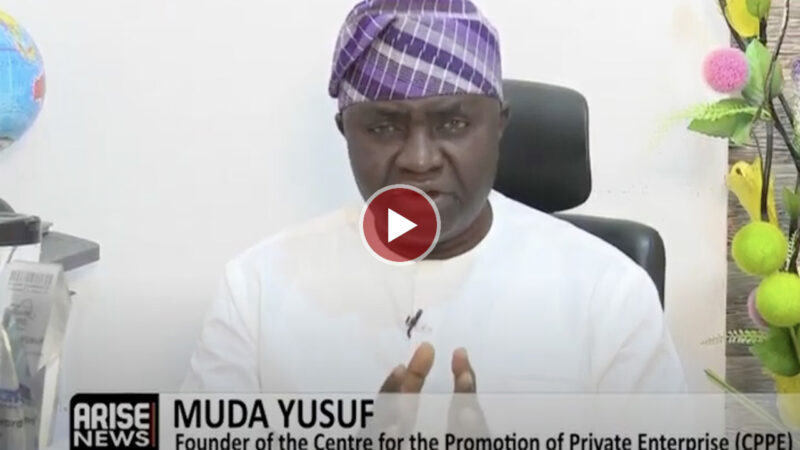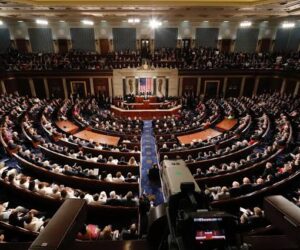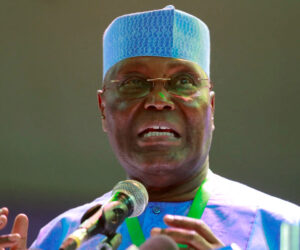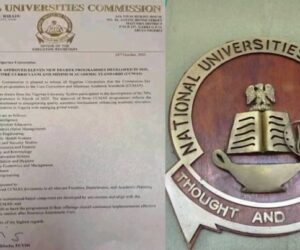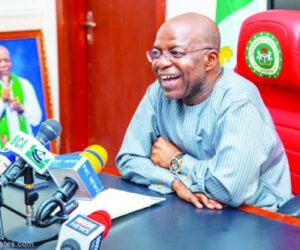Economist and Founder of the Centre for the Promotion of Private Enterprise (CPPE), Dr. Muda Yusuf, has warned that despite slowdown in Nigeria’s inflation, the gains could easily be reversed without deeper reforms,
In an interview with ARISE News on Wednesday, Yusuf argued that while monetary tightening has delivered some results, the approach alone cannot tackle the country’s inflationary crisis.
“It is important to acknowledge the deceleration in inflation, particularly headline inflation, since January to date. Some progress has been made, but a lot more needs to be done, particularly addressing structural issues.”
He cautioned that relying heavily on interest rate hikes comes with side effects that stifle businesses and weaken access to credit.
“What we have seen so far is a very heavy emphasis on the use of monetary policy tools to tackle inflation, which is good, but it has downside effects, particularly on interest rates and businesses access to credit.”
Highlighting trade costs, Yusuf noted that import duty payments play a major role in driving consumer prices upward. “Whatever we pay at the point of importation cascades down in the prices of goods and services. We need to balance revenue objectives with productivity and welfare objectives,” he stated.
On inflation data, he expressed concerns over recent rebasing that reduced the weight of key consumer items. “With due respect, it now makes the calculation of inflationary numbers suspect. If you take a major component and reduce the weighted average, it skews statistics.
“That is why there is often a mismatch between official data and what households experience in the market,” Yusuf warned.
Clarifying the difference between inflation and disinflation, he stressed that Nigerians are more concerned about falling prices than slower increases. “Reduction in inflation is reduction in the rate of increase. It does not imply a reduction in price. What implies a reduction in price is disinflation, and that is what citizens are craving for,” he said.
He emphasised that productivity costs remain the biggest obstacle to stabilising prices. “In managing the economy, we need to worry about factors that impact productivity, cost of funds, cost of energy, cost of logistics, international trade, and insecurity. These are critical factors.
If productivity challenges remain, then we may not make much headway as far as inflation is concerned,” Yusuf explained.
Suggesting practical remedies, he urged government to align fiscal and trade policies with industrial needs. “For those who are in production, there is no reason why import duty on raw materials that are not available locally should be more than 5%. The same applies to machinery and spare parts. You can also use tax policy instruments to support production. If you are borrowing at more than 30%, how can you bring down your costs?” he asked.
Turning to transport costs, he argued that Nigeria’s logistics burden is worsened by prohibitively expensive vehicles. “Vehicle costs should not be as high as they are. Even if we are dealing with high fuel costs, we should not also be dealing with high vehicle costs needed for transportation. You need fiscal policy measures around these areas,” he said.
He concluded by calling for a coordinated economic strategy that harmonises monetary, fiscal, trade, and tax policies. “Our fiscal policy, monetary policy, tax policy, trade policy, and investment policy all need to work in tandem to address structural issues and bring down costs,” he said.
Erizia Rubyjeana
Follow us on:

